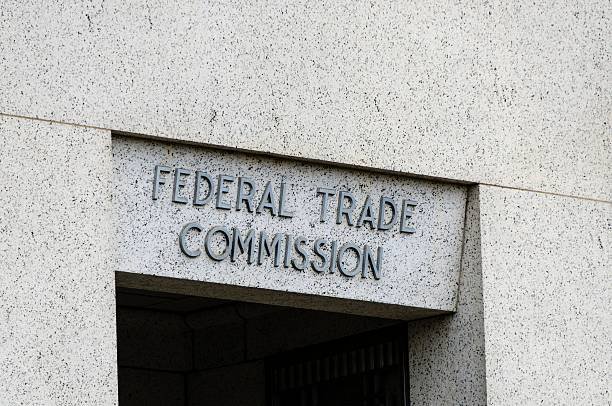Can you trust what you find on a social media account?
Using social media to get your news fixed can be fun, but the question looms: do you know what you’re reading? The social media world is a minefield, and there are many pitfalls to avoid. Here are five tips to help you get the most out of your social media experience. The most important tip is to discern which social media sites are worth your time and money. The best social media sites engage in open discussion and encourage interaction. Employers benefit from social media background checks because they can: Look for evidence to back up assertions made on an applicant’s resume. Spend less time phoning and speaking with the references for a candidate. Find out about the professional endorsements and business network of potential employees. The other tips include noting the names of your social media friends, deleting or blocking people who don’t seem to be engaging with you, and remembering to check your profile when you’re not using social media. Getting a social media account is easy, but it is best to be diligent about how you use the platform. The best social media sites will help you stay in the know about the latest news, upcoming events, and promotions. You can also follow social media sites specifically for your industry or profession.
Laws on social media background checks do not ban the practice
Using social media in hiring has become a common practice. For example, many employers use Twitter, Facebook, and other social networking sites to recruit candidates and check their social media profiles. But these sites also have the potential to reveal protected activity and characteristics that may trigger anti-discrimination laws.
If employers look at the activity of an applicant and view characteristics protected by law, they may be liable for discrimination. Moreover, these employers could be subject to federal and state investigations of social media background checks on employees.
While no law requires employers to obtain candidates’ social media credentials, laws limit how employers can obtain information about social media accounts.
The Social Networking Online Protection Act (SNOPA) prohibits employers from demanding access to an applicant’s private online account. It also prohibits employers from requesting passwords.
The Federal Trade Commission (FTC) has issued guidance on social media screening policies. Still, it has yet to clear the air about when employers can obtain information from social media accounts and when they cannot. As a result, it needs to be clarified when information on social media can be viewed during the interview process or when it can be disputed.
In addition, California has a social media privacy law that prohibits employers from demanding access to private social media accounts. This law applies to public and private postsecondary educational institutions.
Challenges of social media background checks
Despite social media’s popularity, many employers need help screening candidates for employment. These challenges arise from the information on social media and the legal constraints imposed by the laws governing their use.
Social media screens can catch red flags, but the information is often unreliable. The social media profiles of job applicants can be easily manipulated and inaccurate. This means that employers risk making adverse hiring decisions based on inaccurate information.
Companies that specialize in social media screening have a duty to provide accurate information. However, many companies lack the training to screen social media information. As a result, they often come up with their processes.
While a social media background check is necessary for hiring appropriate candidates, it is essential to remember that it is not an adjudication. Instead, it is meant to surface risks. In doing so, employers must exercise common sense and discretion. They should also consult a third-party provider to ensure that any information provided is legally compliant.
Employers should also be careful to protect their brands from negative publicity. For example, if an applicant complains on Twitter about working for the company, this can affect recruitment and the company’s image. It can also negatively impact the applicant’s psychological and physical well-being. This can influence a candidate’s commitment, loyalty, and cooperativeness.

